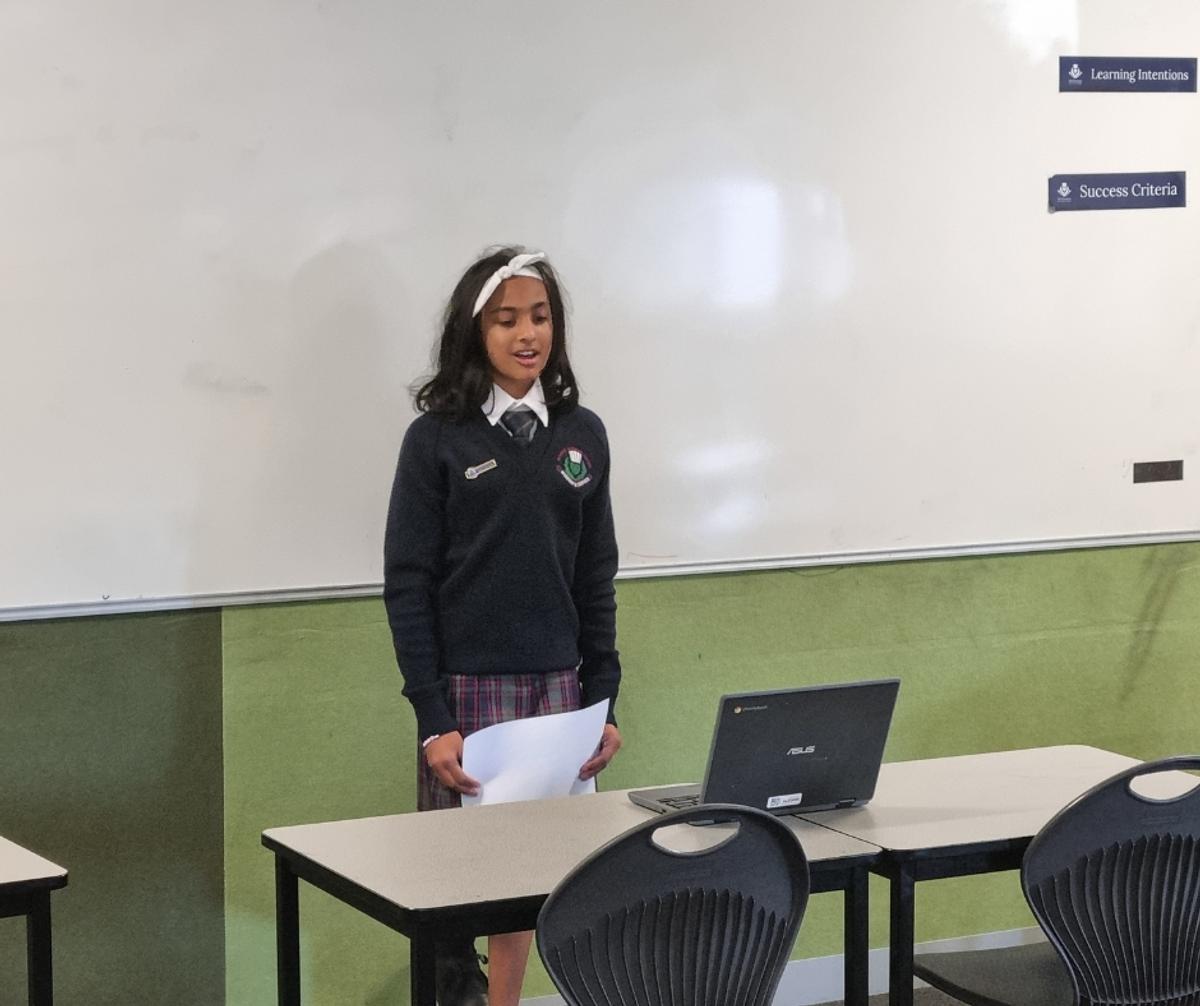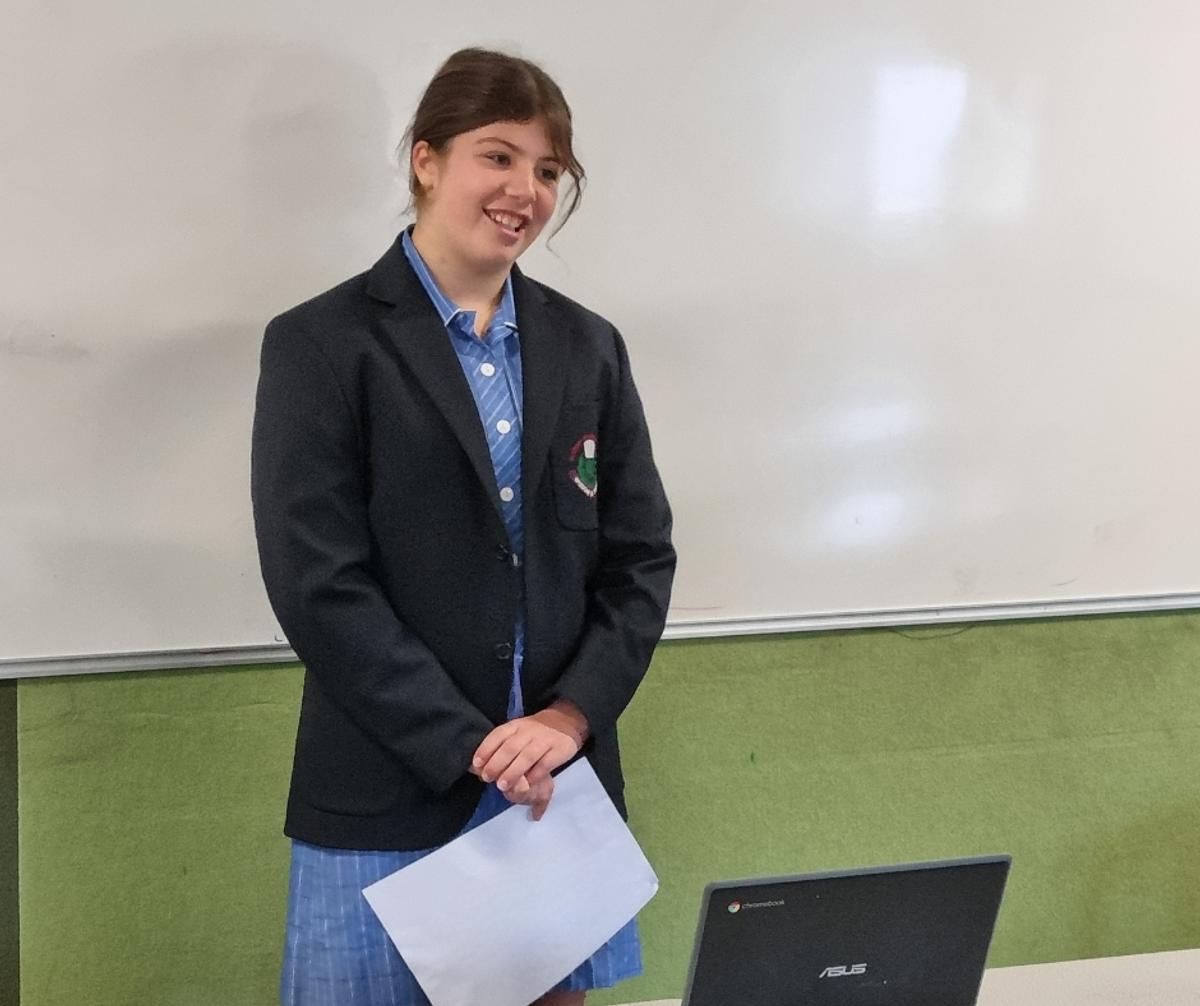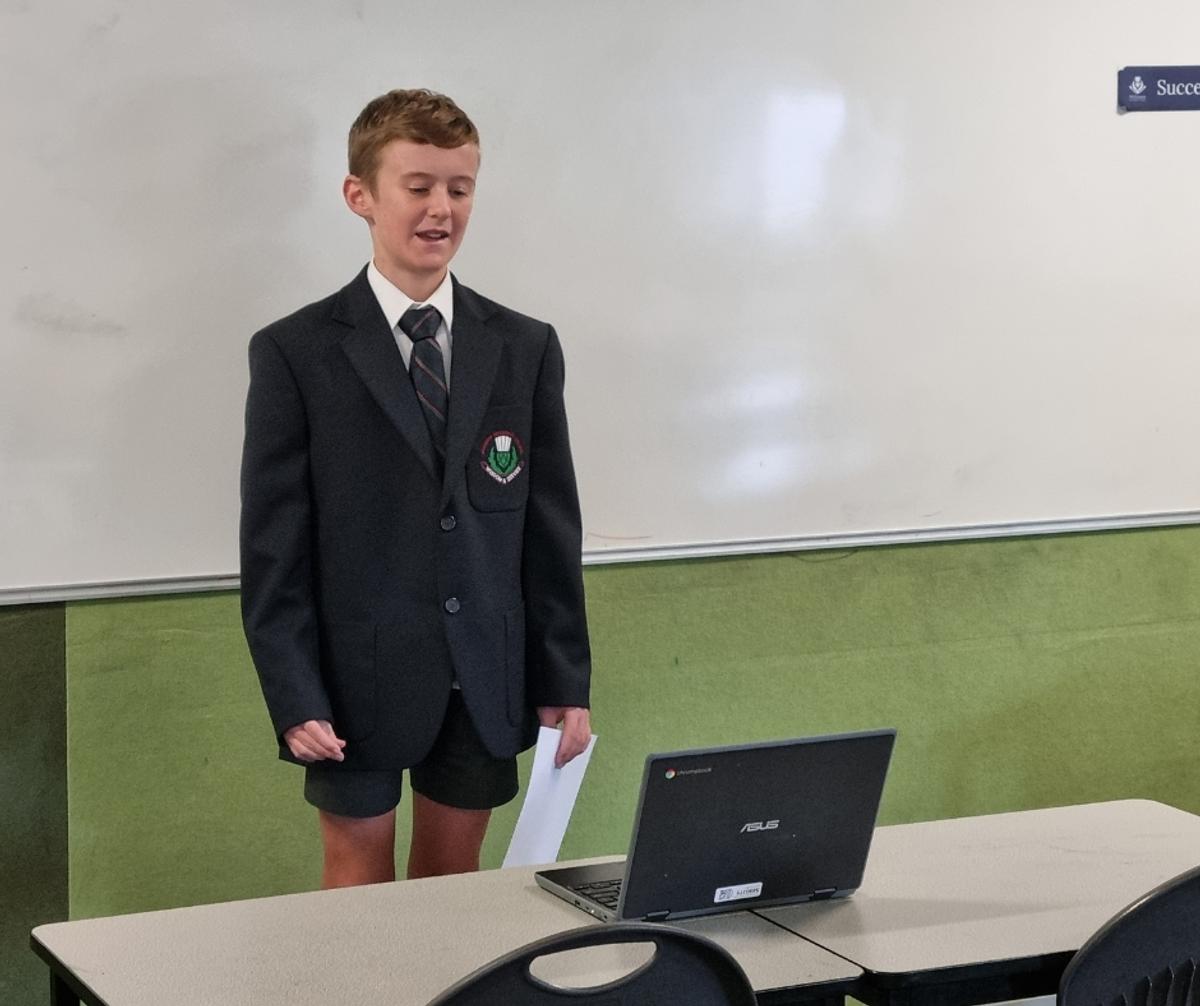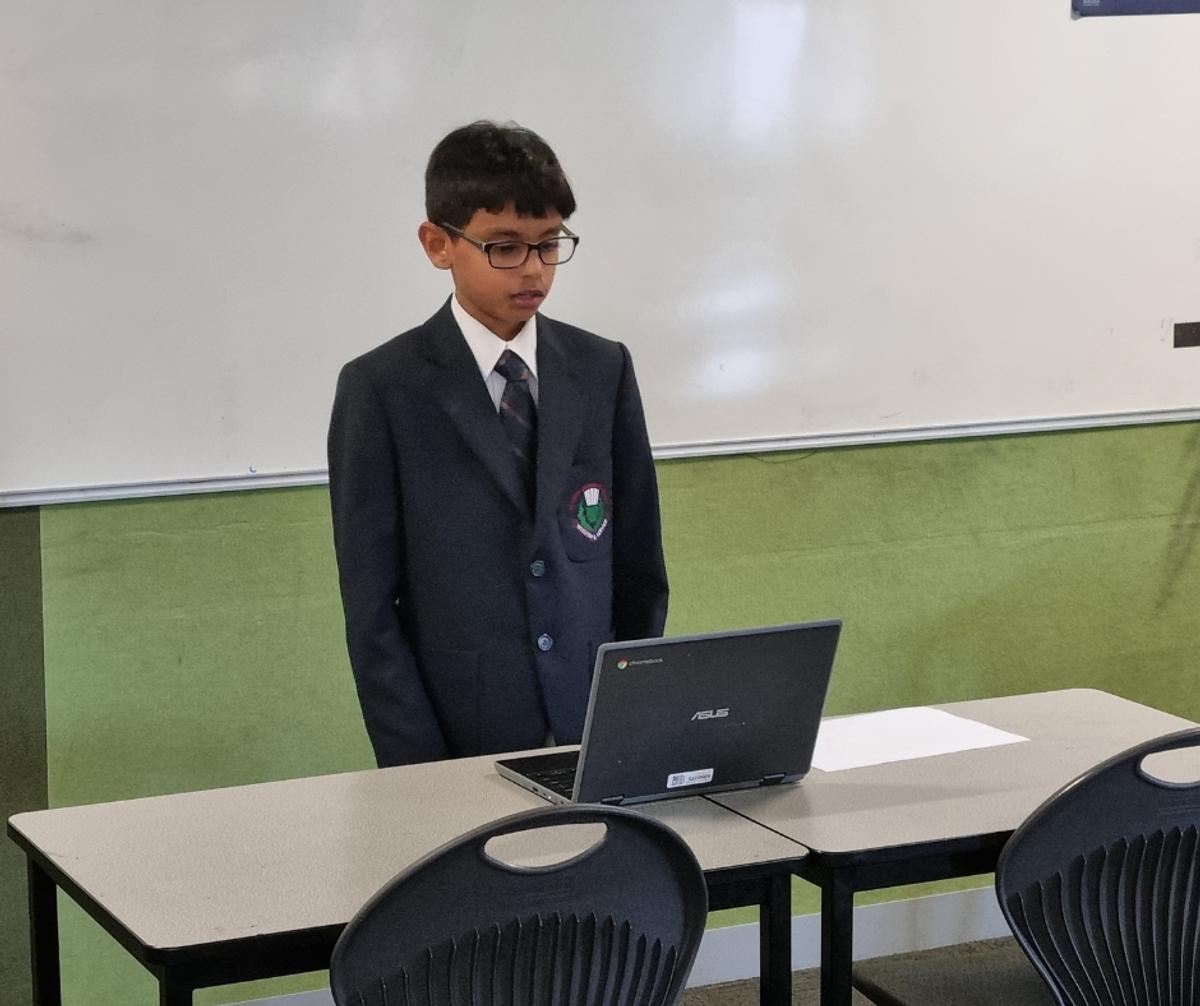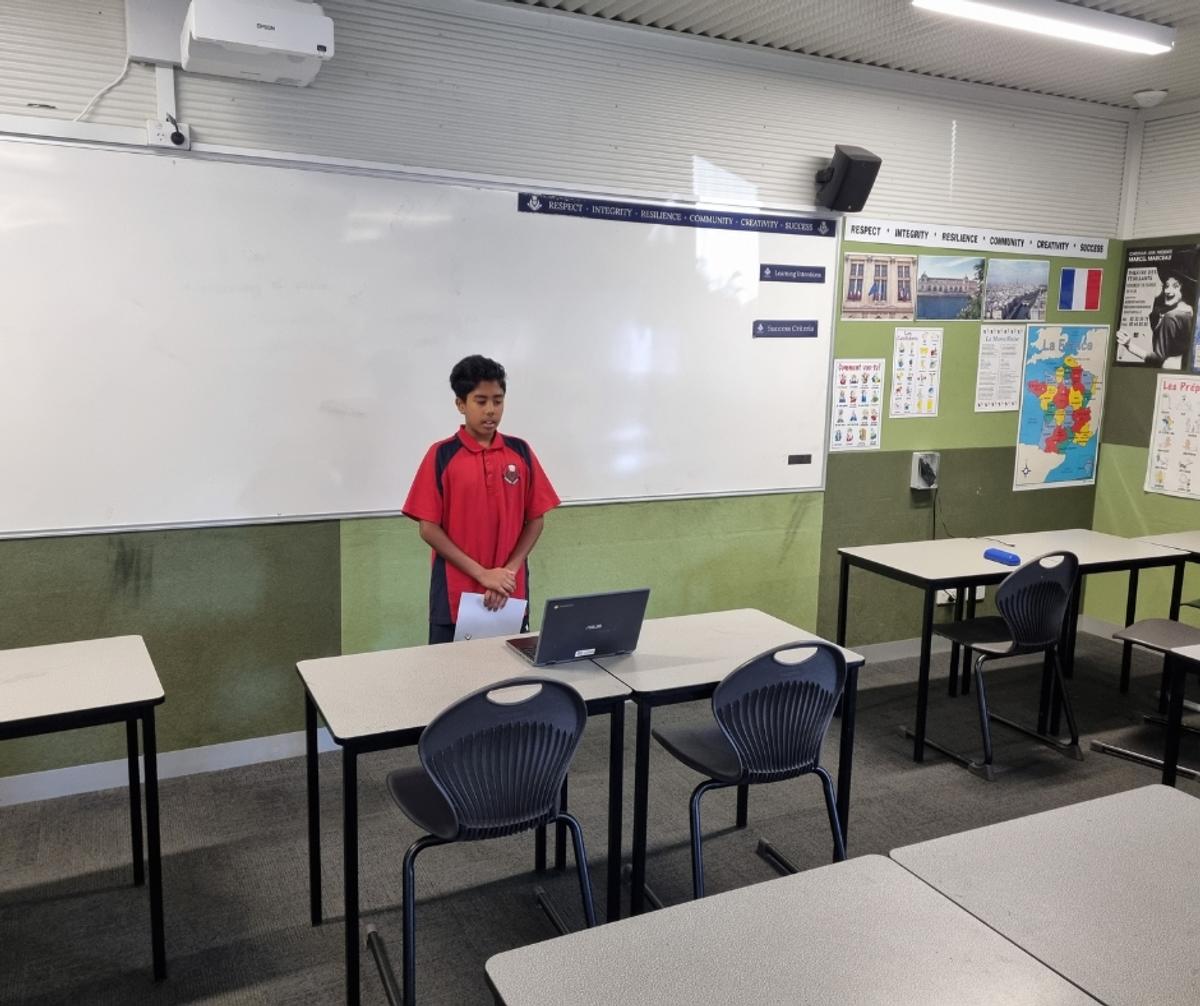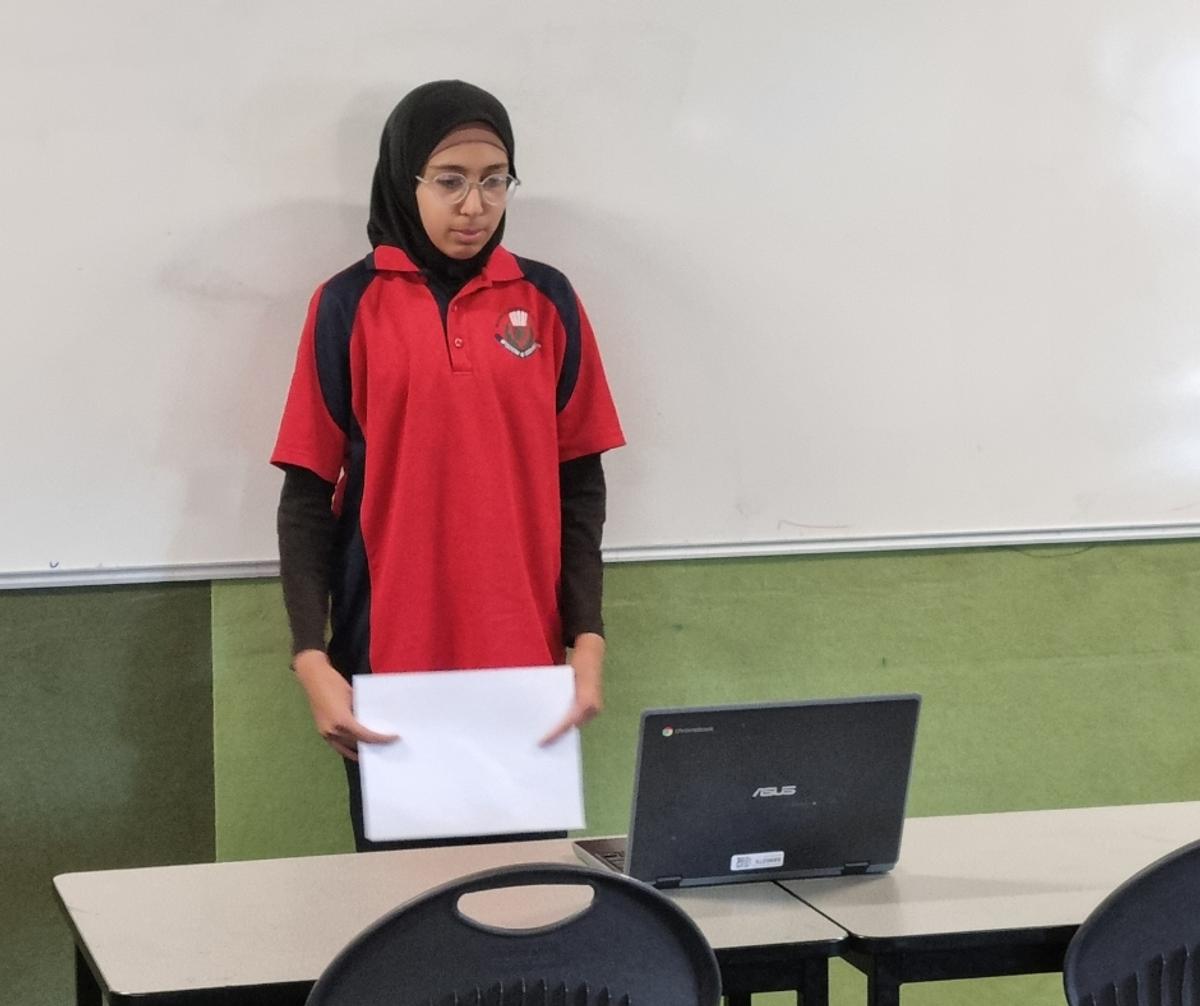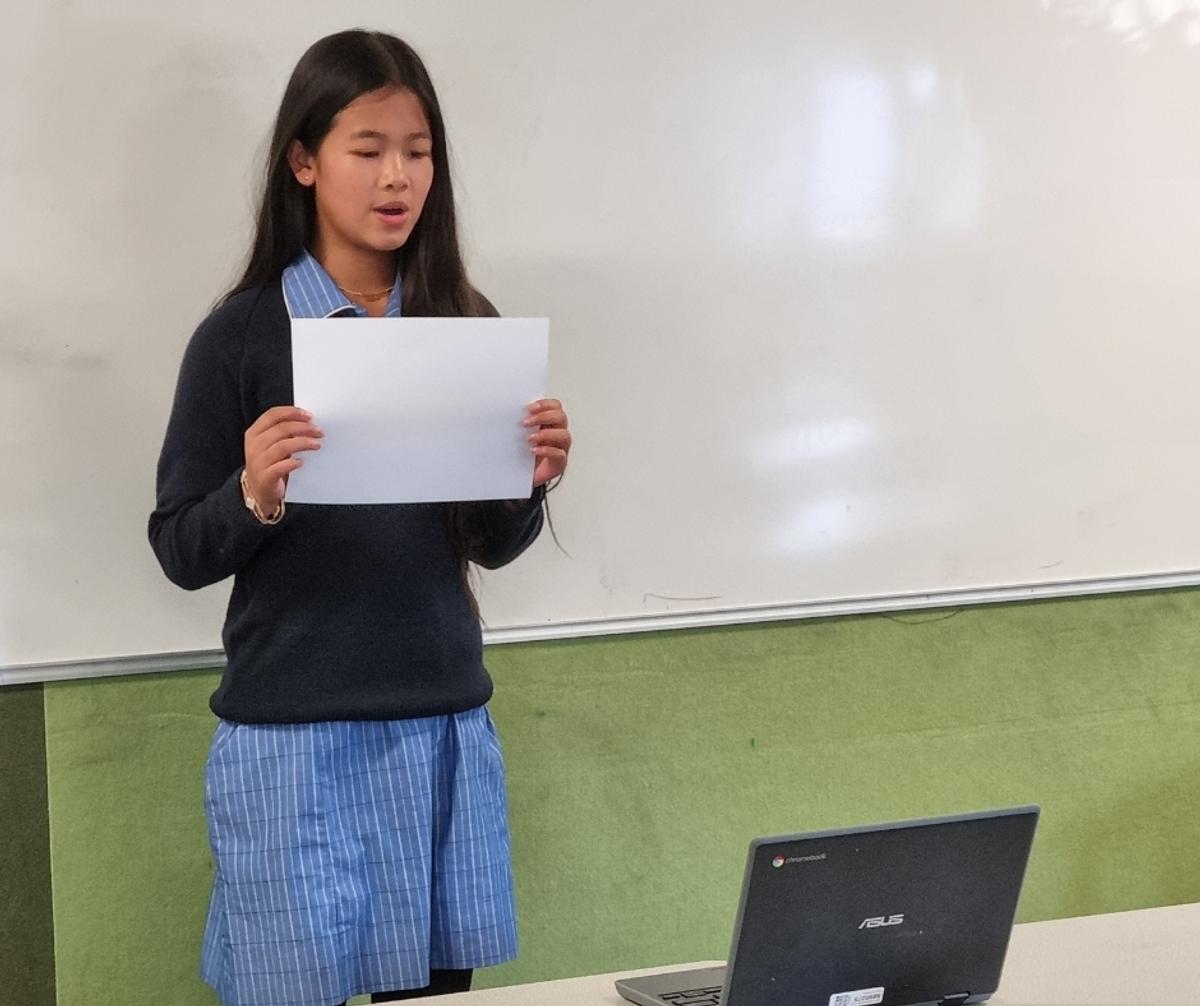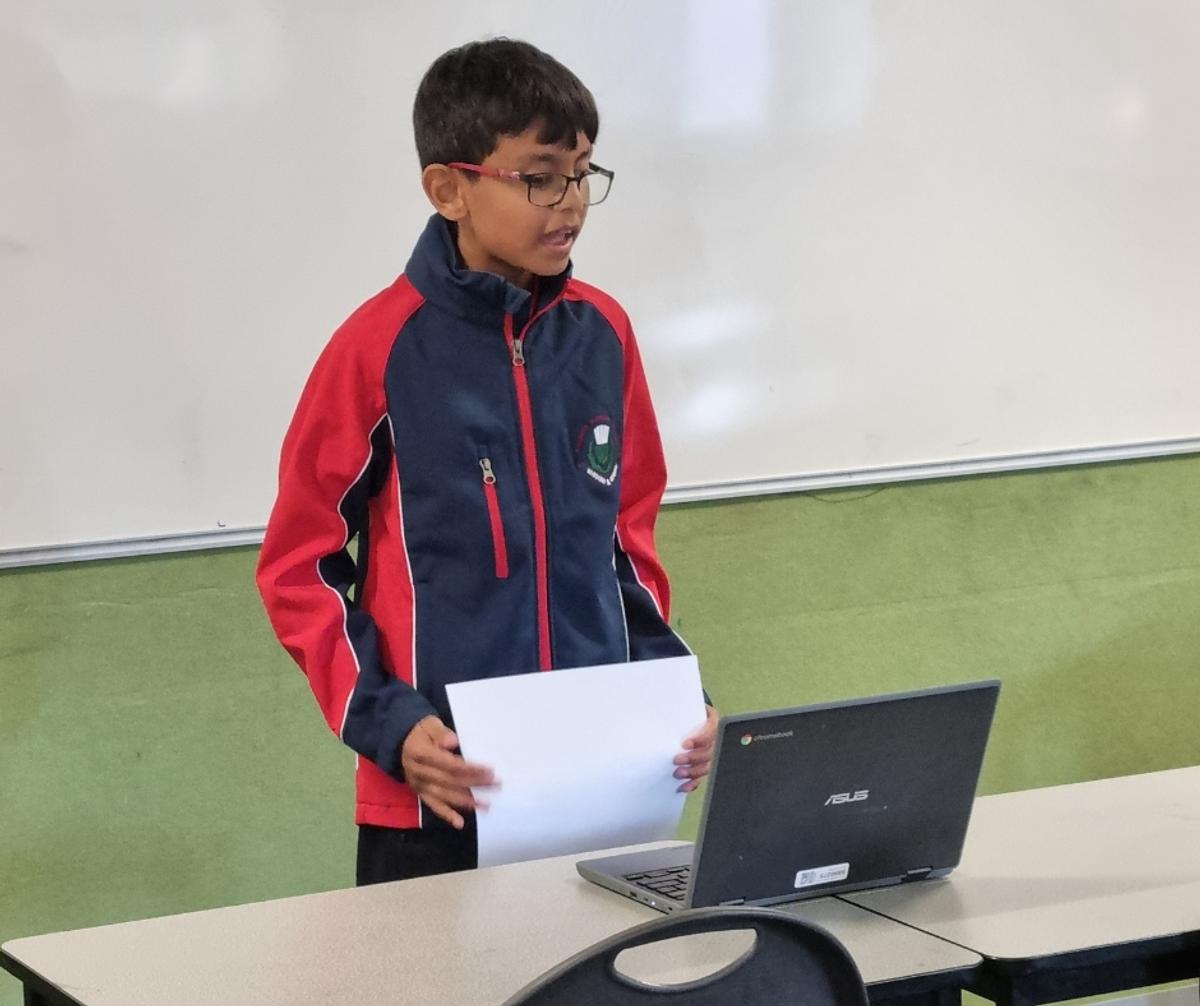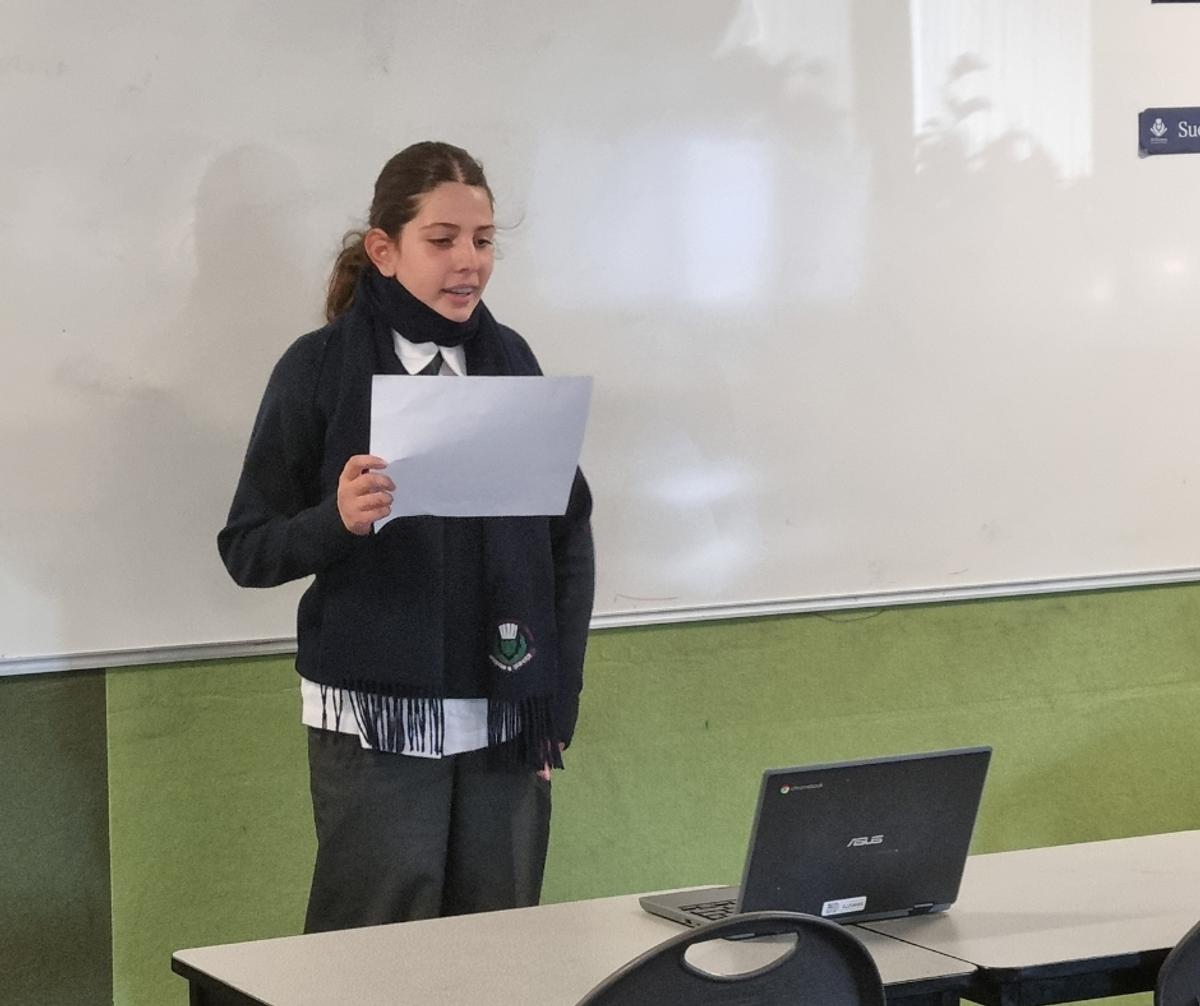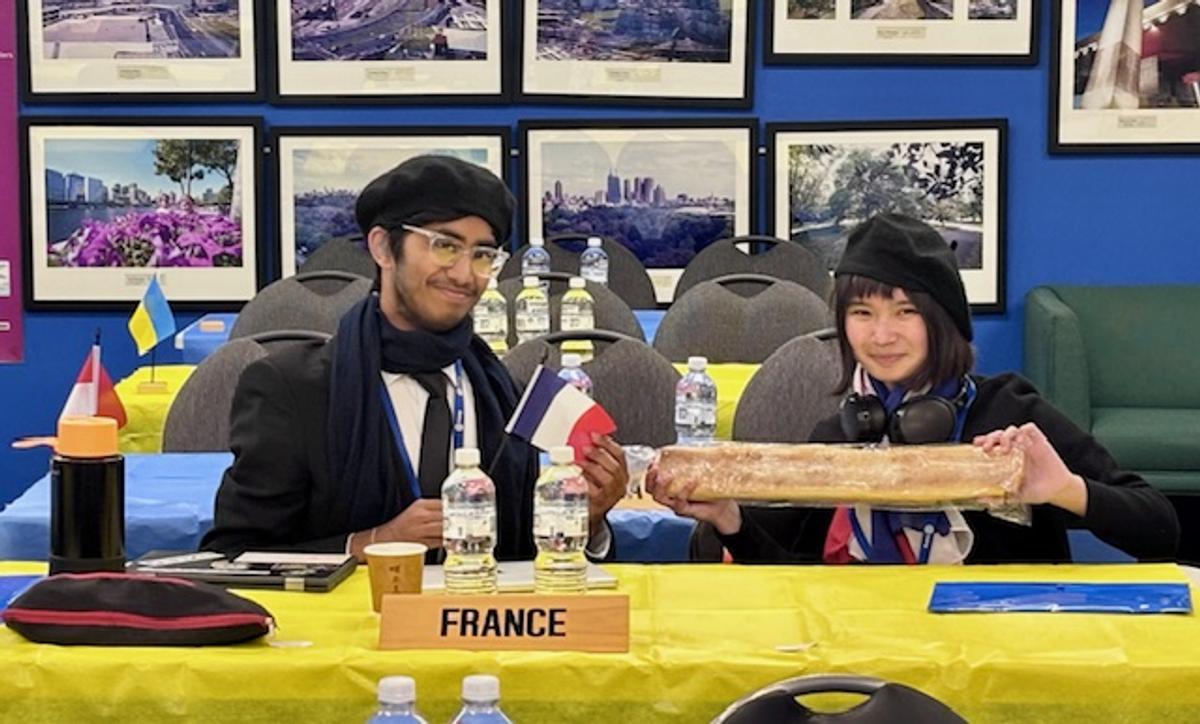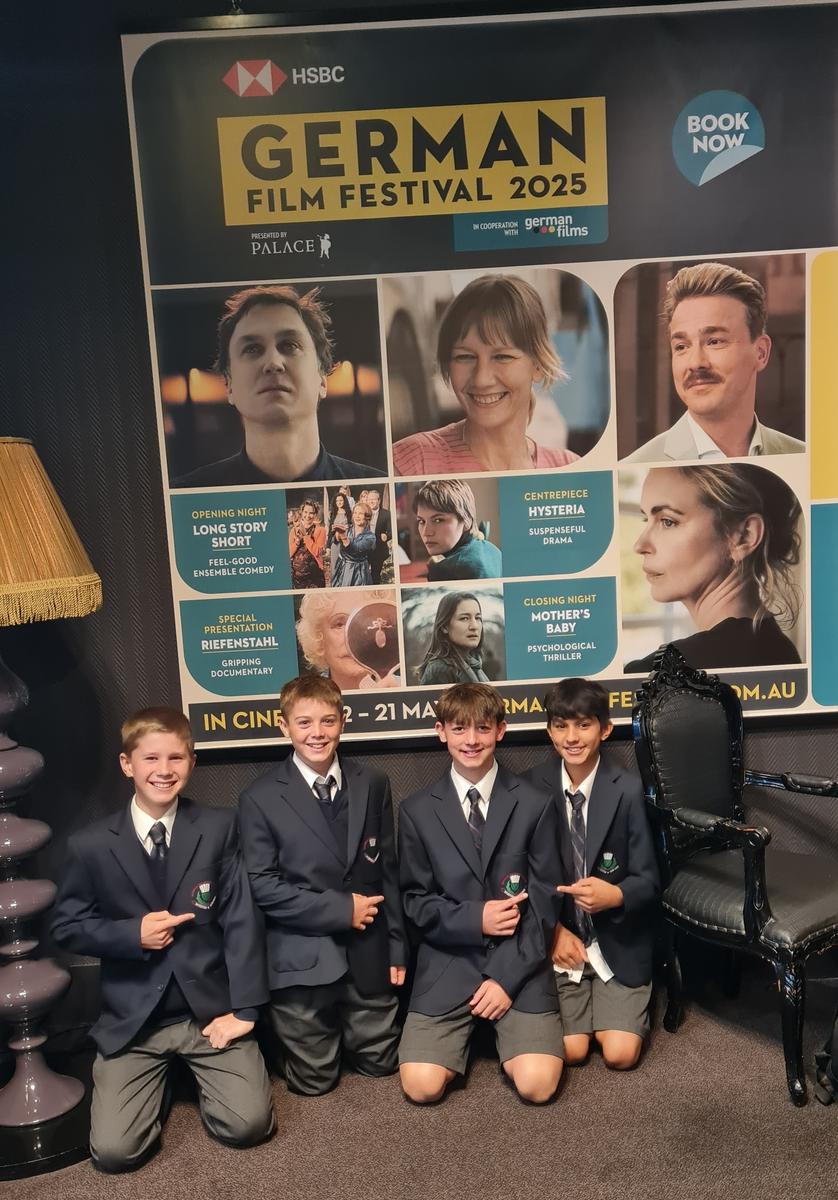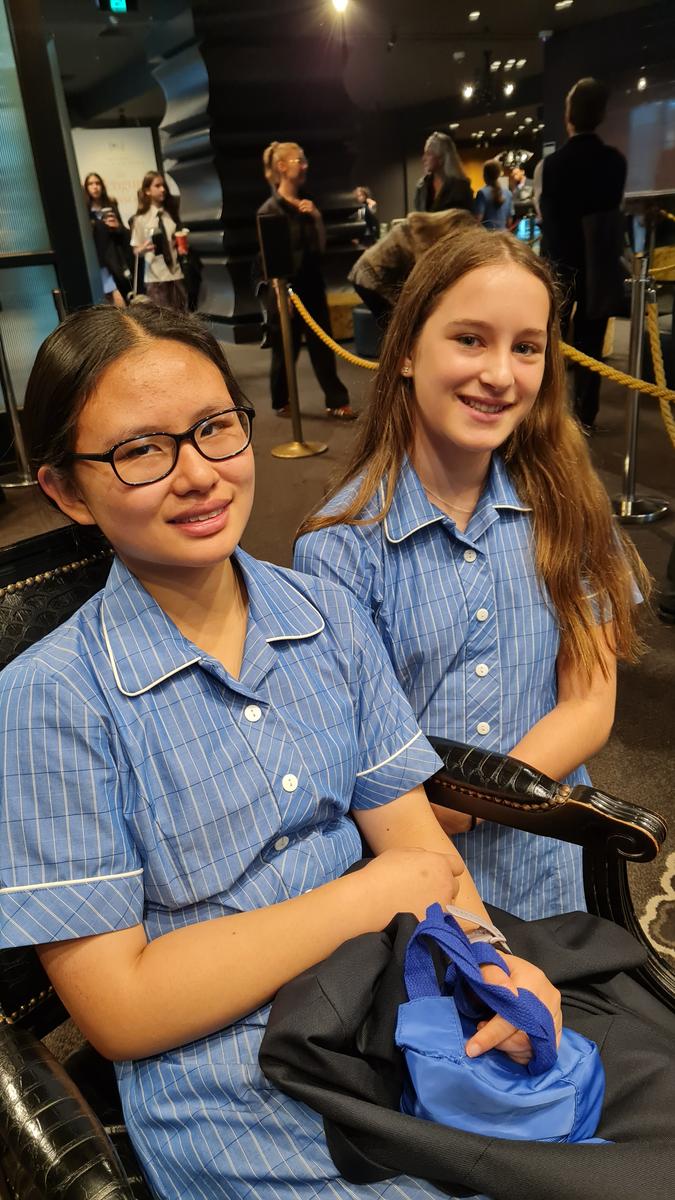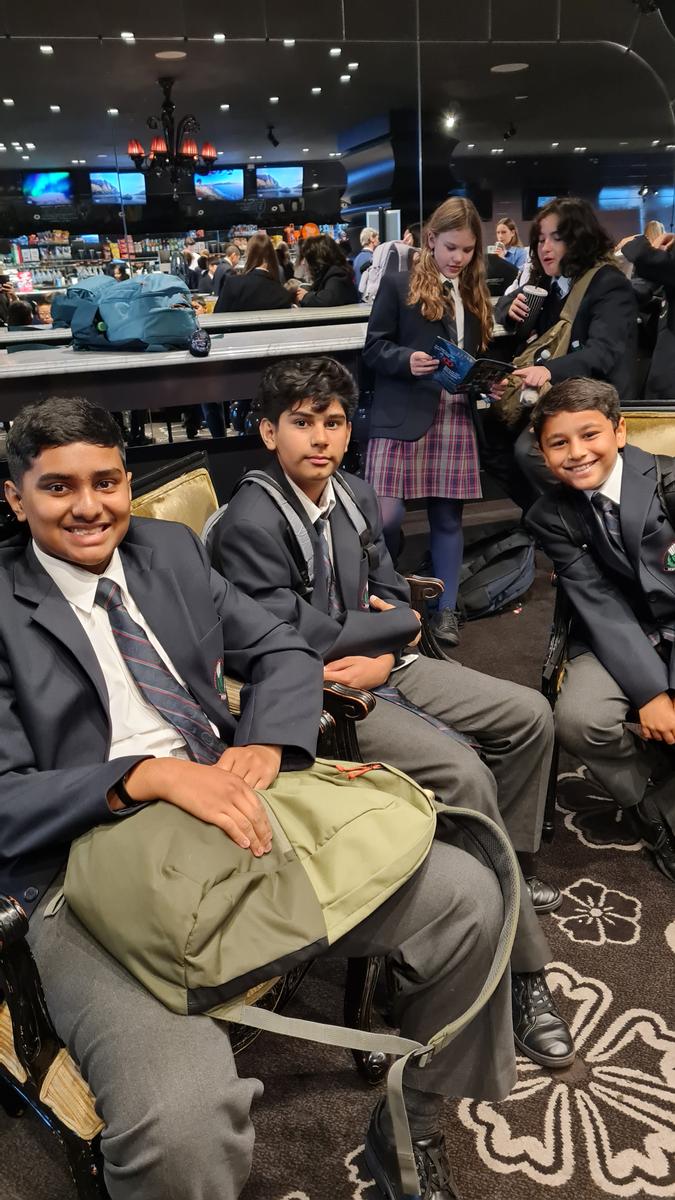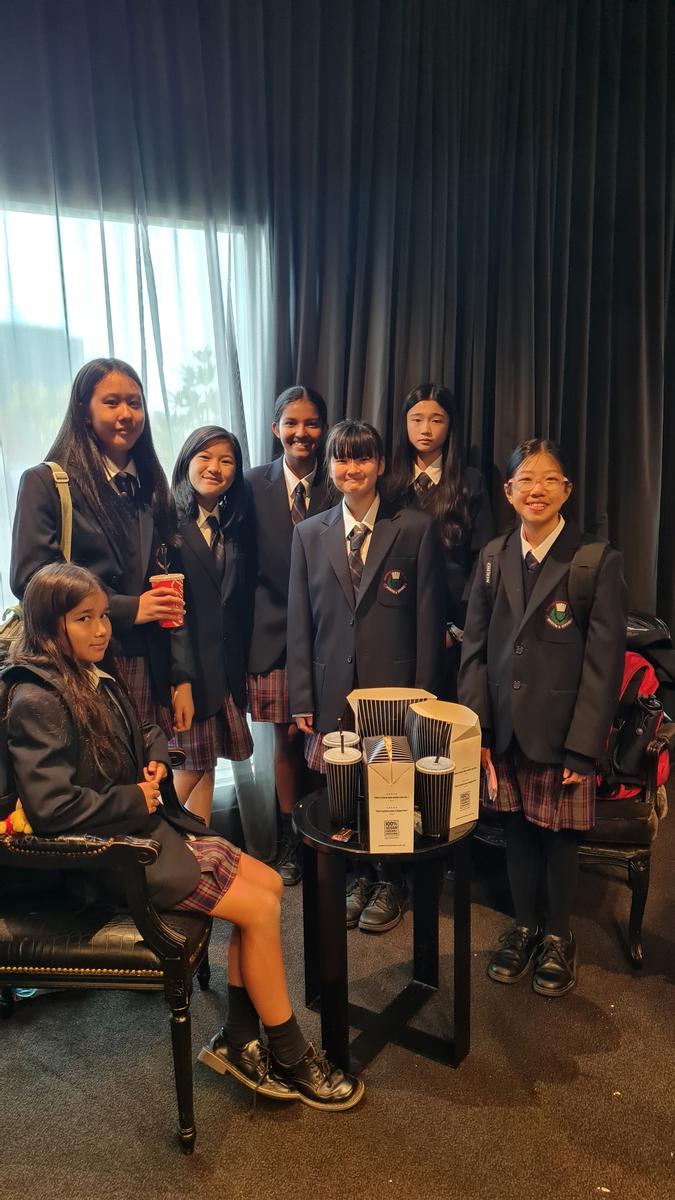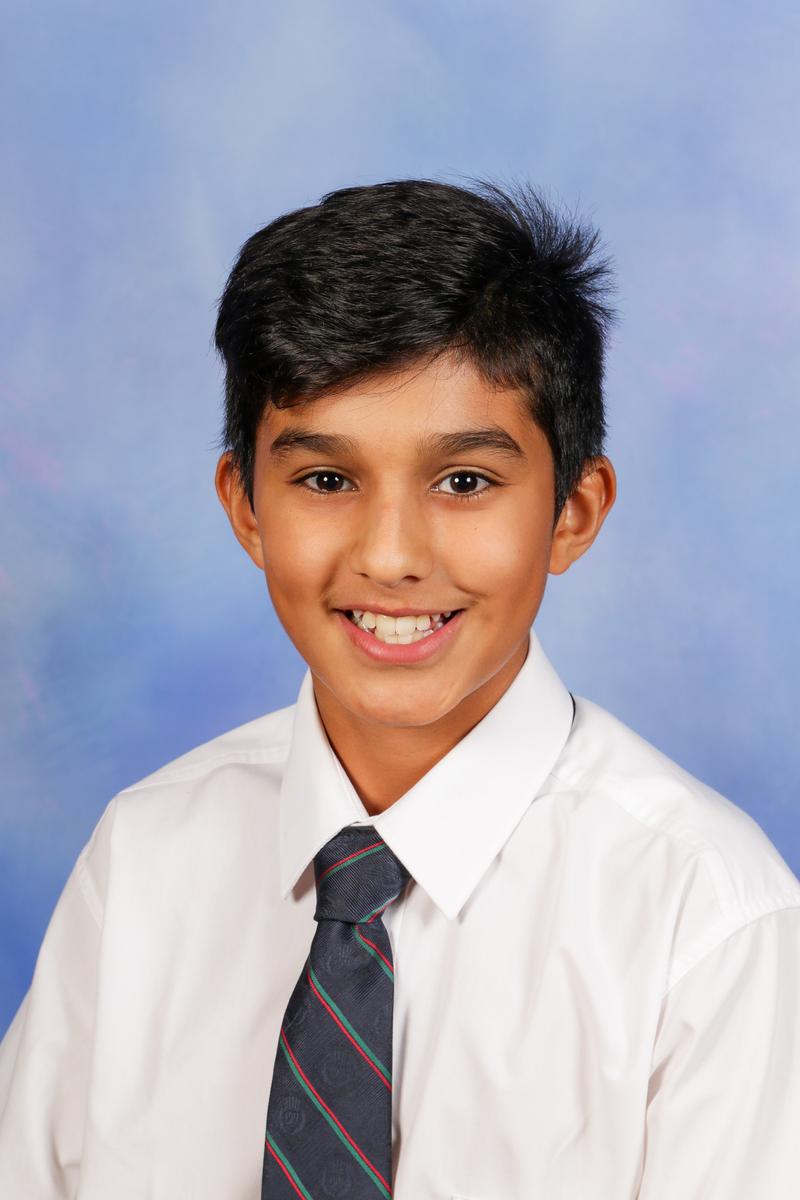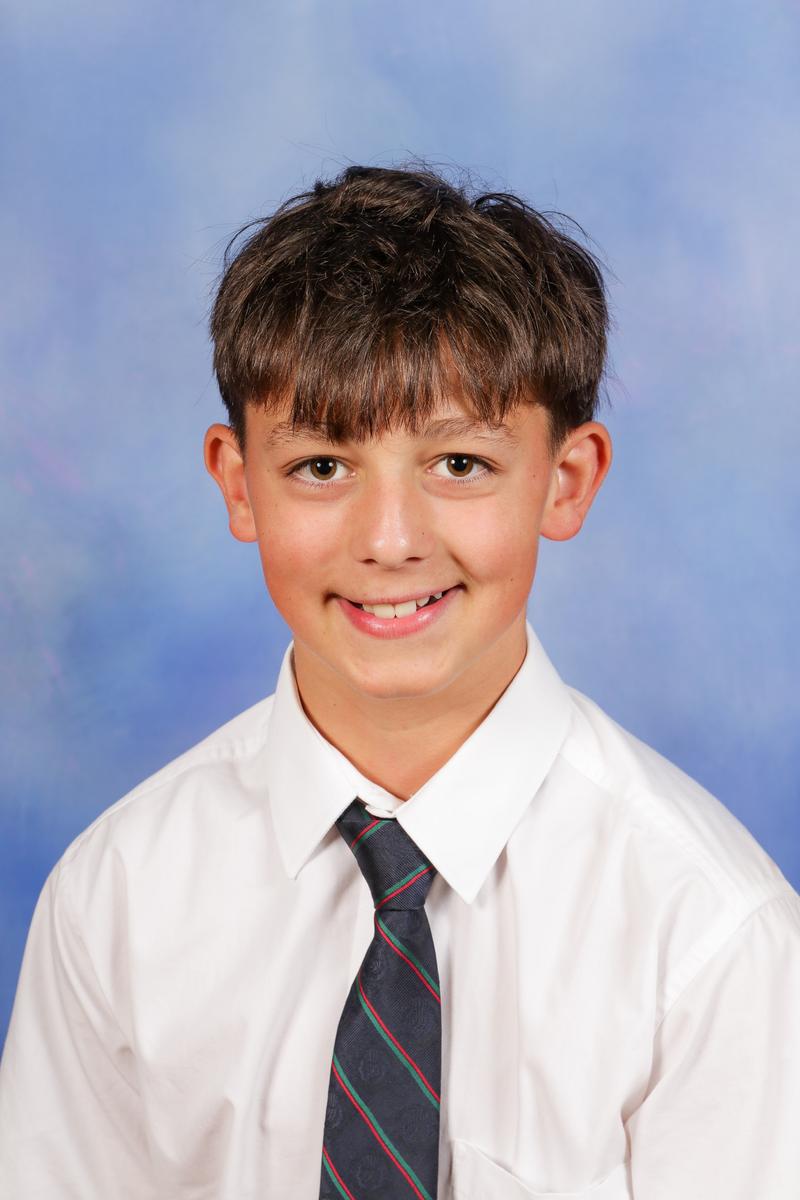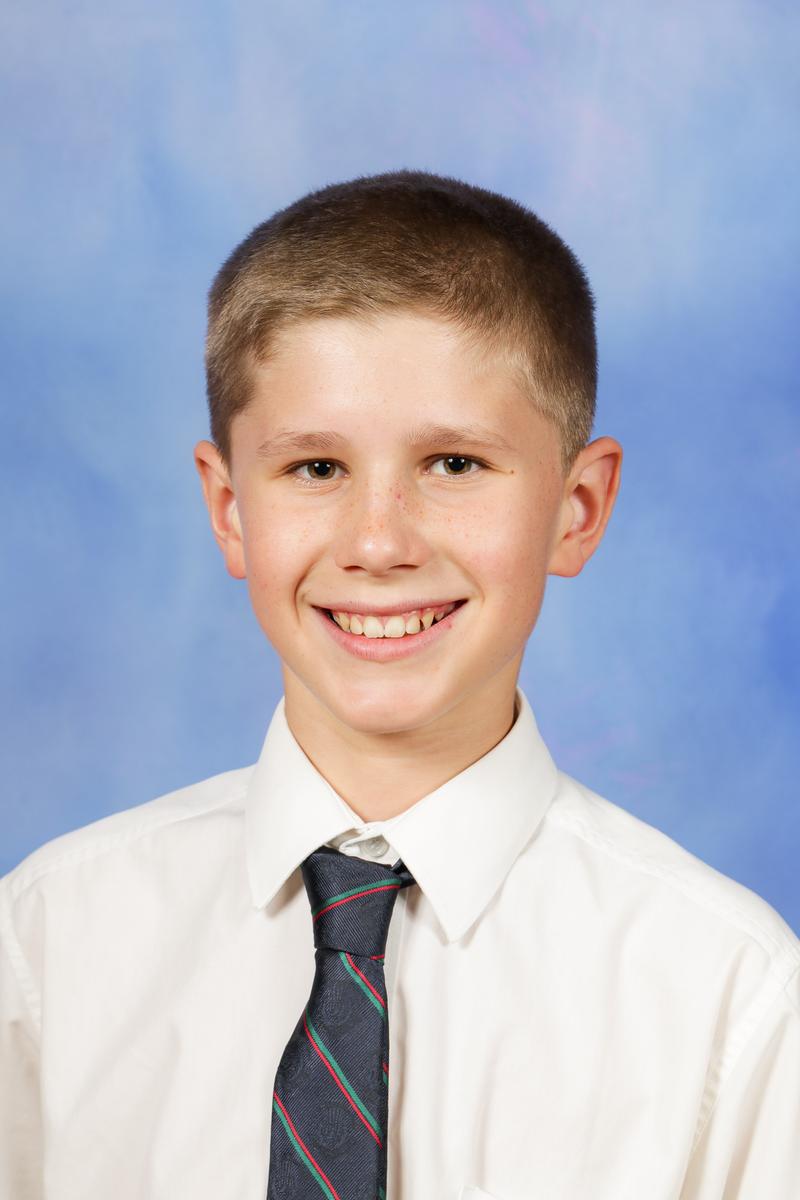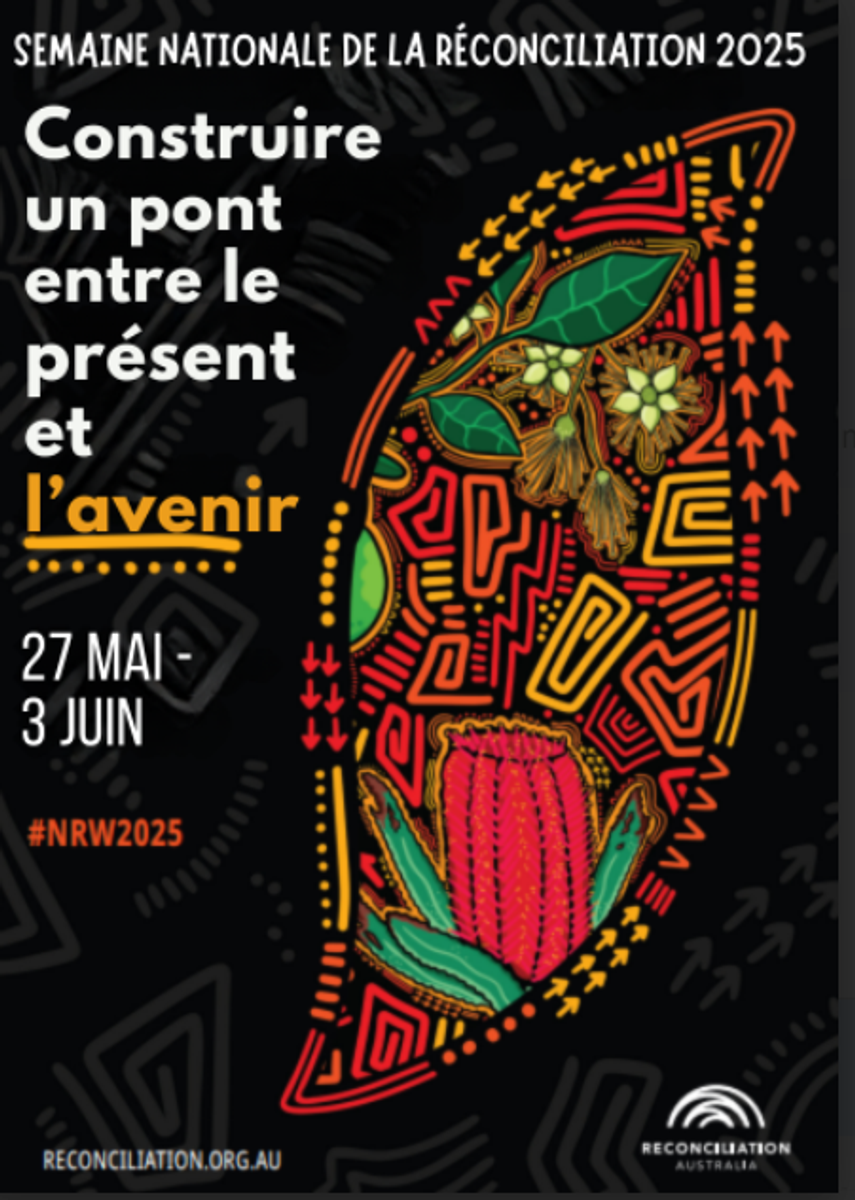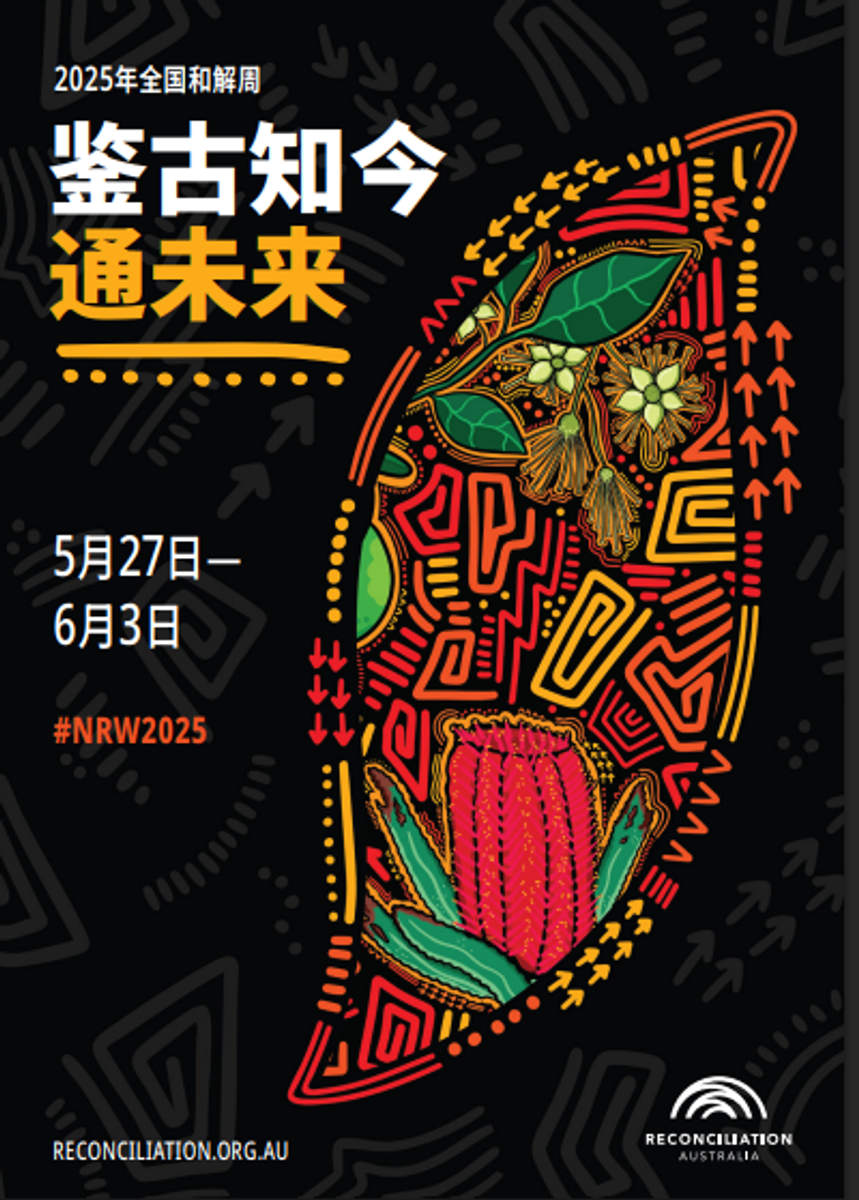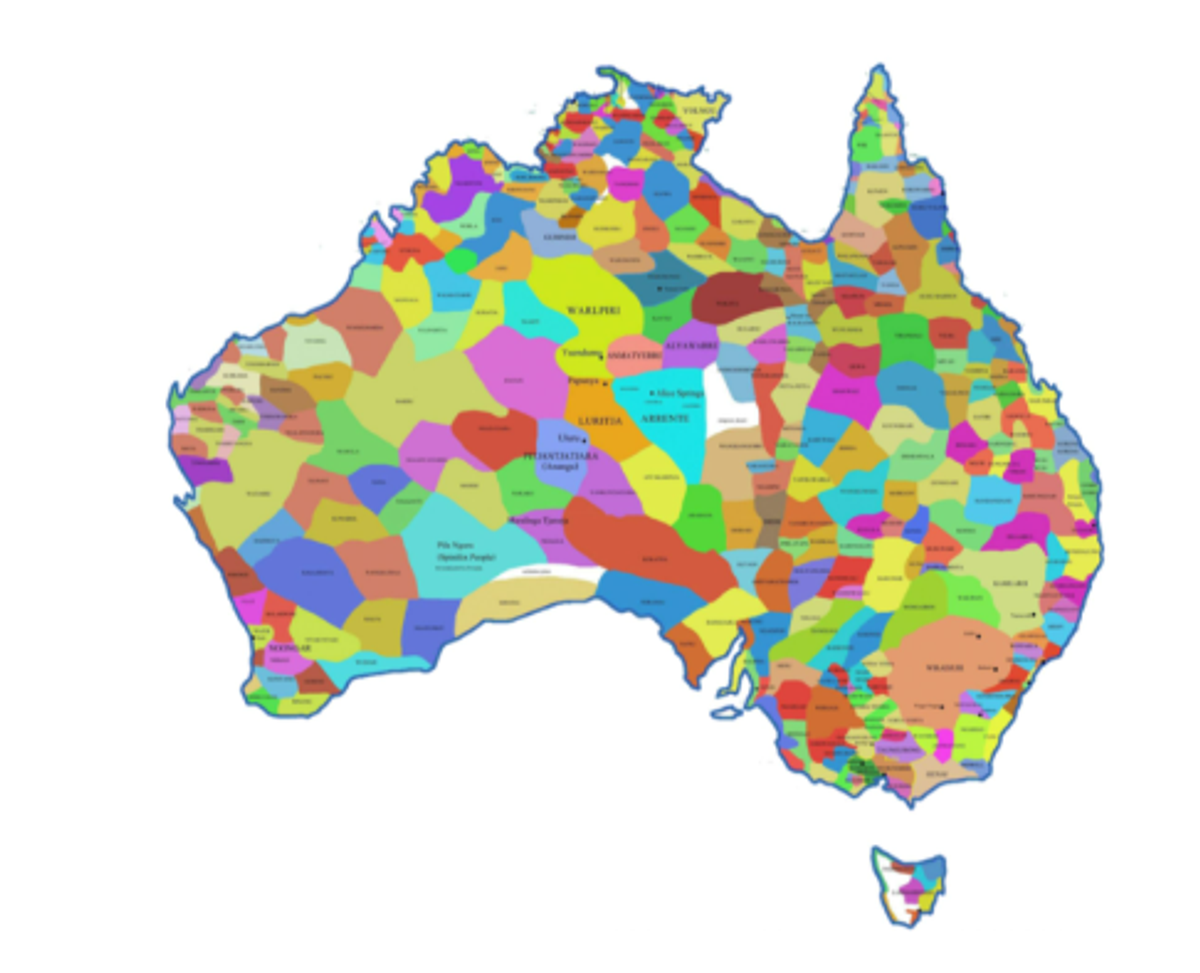LANGUAGES

BERTHE MOUCHETTE POETRY COMPETITION
Last week, 51 keen students from Years 7 to 10 took part in our annual Berthe Mouchette Competition—a celebration of French poetry. Each student chose one of two age-appropriate poems and spent the past few months committing it to memory.
To support our participants, lunchtime practice sessions were held over several weeks in small groups. Students took turns reciting their poems to peers, swapped constructive feedback and honed their delivery in a relaxed, supportive atmosphere.
On the day of the competition, each student recited their poem live, one-on-one, before our external assessor via video conference. Although a few nerves were evident, everyone arrived on time and well prepared. From the very first line to the final verse, performances were marked by clear articulation, expressive gestures and genuine enjoyment of the language. It was a joy to witness our young poets bring the evocative imagery and rhythms of French verse to life.
A huge thank you to:
Madame Nonaka, Madame Lynd, Madame Remont and Madame Brandely for helping with the lunchtime practice sessions
Madame Lynd for ensuring the online setup ran smoothly at our East campus on competition day.
Félicitations à tous les participants! We look forward to next year’s competition.
Monsieur Cedric Chamontin
French Teacher
REPRESENTING FRANCE
I was excited to read that one of our outstanding year 12 French students, Anya Aquende, represented France at the Rotary Model United Nations Assembly, alongside fellow Year 12 student Shauri Pedavalli.
Read about their experience on the School News page.
Madame Lynd
French Teacher
YEAR 7 GERMAN FILM FESTIVAL EXCURSION
On Thursday 15th May Year 7 students of German went by train to South Yarra to see the 2024 German film Die Chaosschwestern und Pinguin Paul, which was screened as part of Kino for Kids, a subsection of the annual German Film Festival.
Students were able to recognise several phrases and words that they have already learned, and make connections between the English subtitles and the German words they heard in the film.
Debbie Laskaridis and David Nutting
German Teachers
Here’s what some of our students thought about the film:
The movie was about a penguin named Paul who was stolen from the zoo by some magicians. Paul escaped from the magicians’ house and the chaos sisters found him, and it was their goal to return Paul home, no matter what challenges came along the way.
Neal Guliya, Year 7
The funniest parts in the movie are when the dancing penguin named Paul did his goofy little dancing with cute and silly moves. He waddled about, went round and round spinning, and hopped in a weird way, and that made everyone laugh! It was such a random thing to do but super funny anyway! Another funny moment was when the gals were irritating each other and began fighting using the funniest words ever.
Lion Wissmann, Year 7
The moral of the movie ‘Die Chaos Schwestern und Pinguin Paul’ is that all the sisters had lots of different personalities but they could still overcome their differences when something difficult happened. The movie was great for learning because it helped us get better at German in different ways. We could read the subtitles while listening to the spoken German, which helped us learn lots of new words and phrases. Watching the film made learning much more fun!
Martin Savenkov, Year 7
RECONCILIATION WEEK AND LANGUAGES - MAY 27 TO JUNE 3
For Reconciliation Week this year, the Languages Society at East campus is running a competition about Australian Languages and is also spreading awareness of the week with posters in a variety of languages, either those studied or some of those spoken at the college.
There is also an Education Perfect competition based on Australian Languages that will be running all week, with prizes and certificates for those who perform the best. Bridging Now to Next Australian Languages Competition.
Australia’s indigenous languages are an important part of our linguistic heritage. We see and hear them every day in place names and other words that are uniquely Australian. It is estimated that there were over 250 indigenous languages prior to colonisation, but many are now extinct or endangered. The third National Indigenous Languages Survey in 2019 found that 123 of these are still spoken, with 109 considered endangered. National Indigenous Languages Surveys | AIATSIS corporate website.
Languages are much more than just words - they are an important part of a people’s identity.
'Kaji yimi ngalipa nyangu pirrjirdi karri, ngulaju ngalipaju kapurlipa wankaru nyina Warlpiri patu yapa. Ngalipa nyangu yimingki ka ngalpa pirrjirdi mardani. Kuja juku ka ngalpa pirrjirdi warrarda mardani.'
Theresa Napurrurla Ross, Warlpiri
(If our language survives, we survive as Warlpiri people. Our language keeps us strong. It’s always kept us strong.)
Efforts are currently being made to revive extinct languages, something I find fascinating as a linguist. One example of this is the palawa kani project led by the Tasmanian Aboriginal Centre palawa kani - Tasmanian Aboriginal Centre. As someone who grew up in Tasmania being taught that the first nations people of my home were extinct whilst living side by side with their descendants (including, we discovered recently, some of my first cousins), I find this project particularly significant to me personally.
If you are interested in learning more about our indigenous languages, these websites might be of interest to you:
Jenny Lynd
Languages Learning Area Manager
UPCOMING EVENTS
Reconciliation Week competition Bridging Now to Next Australian Languages Competition - May 27 to June 3
French Opera Samson and Delilah (Madame Antal and some senior French students attending) - Sunday June 1
Year 12 French class visit to Caulfield Junior College - June 11
Year 9 Languages Expo - June 11

